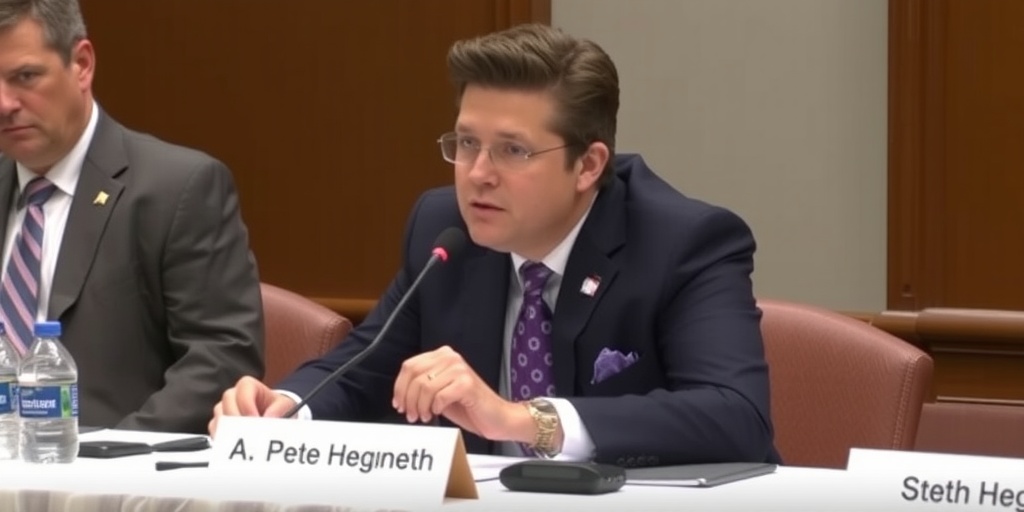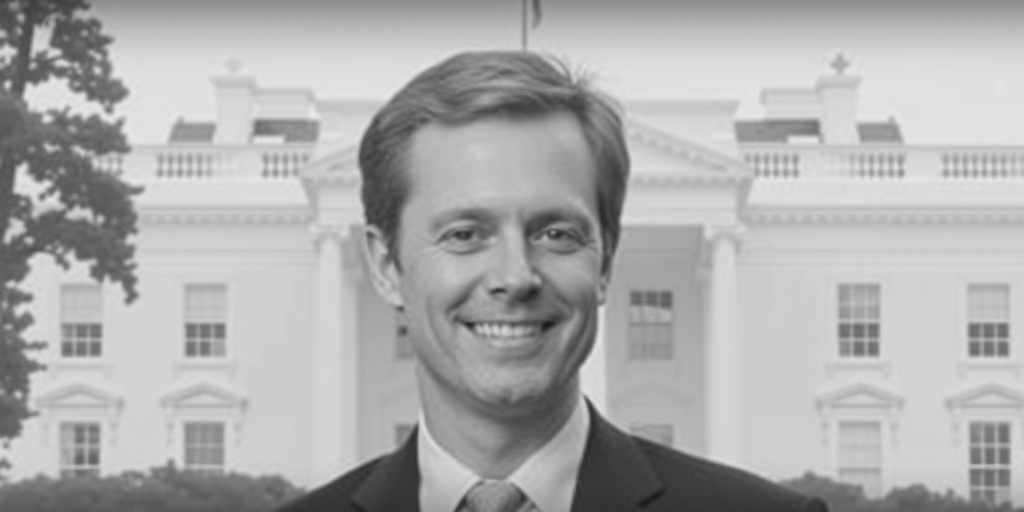Now Reading: Pete Hegseth’s Confirmation Hearing Highlights
-
01
Pete Hegseth’s Confirmation Hearing Highlights
Pete Hegseth’s Confirmation Hearing Highlights

Title: Tensions Rise During Confirmation Hearing for Defense Secretary Nominee Pete Hegseth
In a high-stakes confirmation hearing that lasted over four hours, Democrats questioned Pete Hegseth, President-elect Donald J. Trump’s nominee for Secretary of Defense, on various controversial issues, including allegations of misconduct, his stance on women in combat, and his overall capability to helm the Department of Defense. The proceedings, which drew considerable media attention, highlighted the polarized political landscape and the importance of leadership within the military, particularly during a time of growing international tensions.
The hearing, held in front of the Senate Armed Services Committee, saw intense scrutiny from Democratic senators who aimed to challenge Hegseth’s fitness for the role. They raised concerns regarding past allegations of improper conduct, including instances of insensitive remarks that could undermine the integrity of the position. Hegseth faced pointed questions regarding his professionalism and his ability to foster a respectful and inclusive environment within the military ranks.
One key moment during the hearing involved a heated exchange between Hegseth and Senator Kirsten Gillibrand of New York, a vocal advocate for women’s rights and military reform. Gillibrand pressed Hegseth on his views concerning women in combat roles, a topic that has been contentious in recent years. She underscored the importance of gender equality in the armed forces and questioned whether Hegseth would support continued integration of women in combat positions. Hegseth responded that he believed in merit-based opportunities; however, Gillibrand challenged him to clarify whether he would actively advocate for policies that ensure women have equal opportunities to serve in all military capacities. This exchange highlighted the broader dialogue surrounding inclusion and equity within the defense establishment.
Furthermore, the hearing delved into Hegseth’s past comments about military service and leadership. Critics have pointed out that some of Hegseth’s remarks, which were made during his time as a television commentator, could reflect a troubling attitude toward leadership in the military. Democrats pushed Hegseth to distance himself from these statements, arguing that a Secretary of Defense should exemplify the very values of integrity, respect, and accountability that the military stands for. Hegseth maintained that he had evolved in his views and was committed to serving all members of the armed forces, regardless of gender or background.
The senators were not only concerned about Hegseth’s past but also about his vision for the future of the military. The Department of Defense faces numerous challenges, including cyber threats, international conflicts, and budget constraints. Democrats sought to understand how Hegseth planned to navigate these complex issues and ensure the U.S. military remained strong and capable. They questioned whether he would prioritize modernization and innovation in military operations, particularly in response to the rapid advancements seen in global military technology.
Hegseth, who has had a contentious relationship with some media outlets and political opponents, attempted to strike a balance during the hearing. He emphasized his dedication to national security and the need for a robust defense strategy. He highlighted the importance of listening to service members’ concerns and fostering an environment where every individual feels valued and empowered to contribute to the mission.
As the hearing progressed, the atmosphere varied between tense and assertive, as Hegseth faced not only inquiries from Democratic senators but also challenges from some Republicans who urged him to provide clearer answers. The bipartisan scrutiny underscored the significance of the Defense Secretary’s position during a time of both domestic and international challenges.
As the hearing came to a close, Eric Schmitt, national security correspondent for The New York Times, captured the moment succinctly: “This hearing was not just about Pete Hegseth; it was a reflection of the evolving expectations for military leadership in America.” The insights gained from the hearing will likely play a critical role in shaping the Senate’s final decision regarding Hegseth’s nomination.
Moving forward, the committee’s deliberation will hinge on Hegseth’s ability to reassure a divided Senate that he is prepared to lead the Department of Defense with integrity and vision. As the military braces for the challenges ahead, the confirmation of its top official remains a pivotal moment in shaping the future of U.S. defense policy.
Stay Informed With the Latest & Most Important News
Previous Post
Next Post
-
 01New technology breakthrough has everyone talking right now
01New technology breakthrough has everyone talking right now -
 02Unbelievable life hack everyone needs to try today
02Unbelievable life hack everyone needs to try today -
 03Fascinating discovery found buried deep beneath the ocean
03Fascinating discovery found buried deep beneath the ocean -
 04Man invents genius device that solves everyday problems
04Man invents genius device that solves everyday problems -
 05Shocking discovery that changes what we know forever
05Shocking discovery that changes what we know forever -
 06Internet goes wild over celebrity’s unexpected fashion choice
06Internet goes wild over celebrity’s unexpected fashion choice -
 07Rare animal sighting stuns scientists and wildlife lovers
07Rare animal sighting stuns scientists and wildlife lovers



















